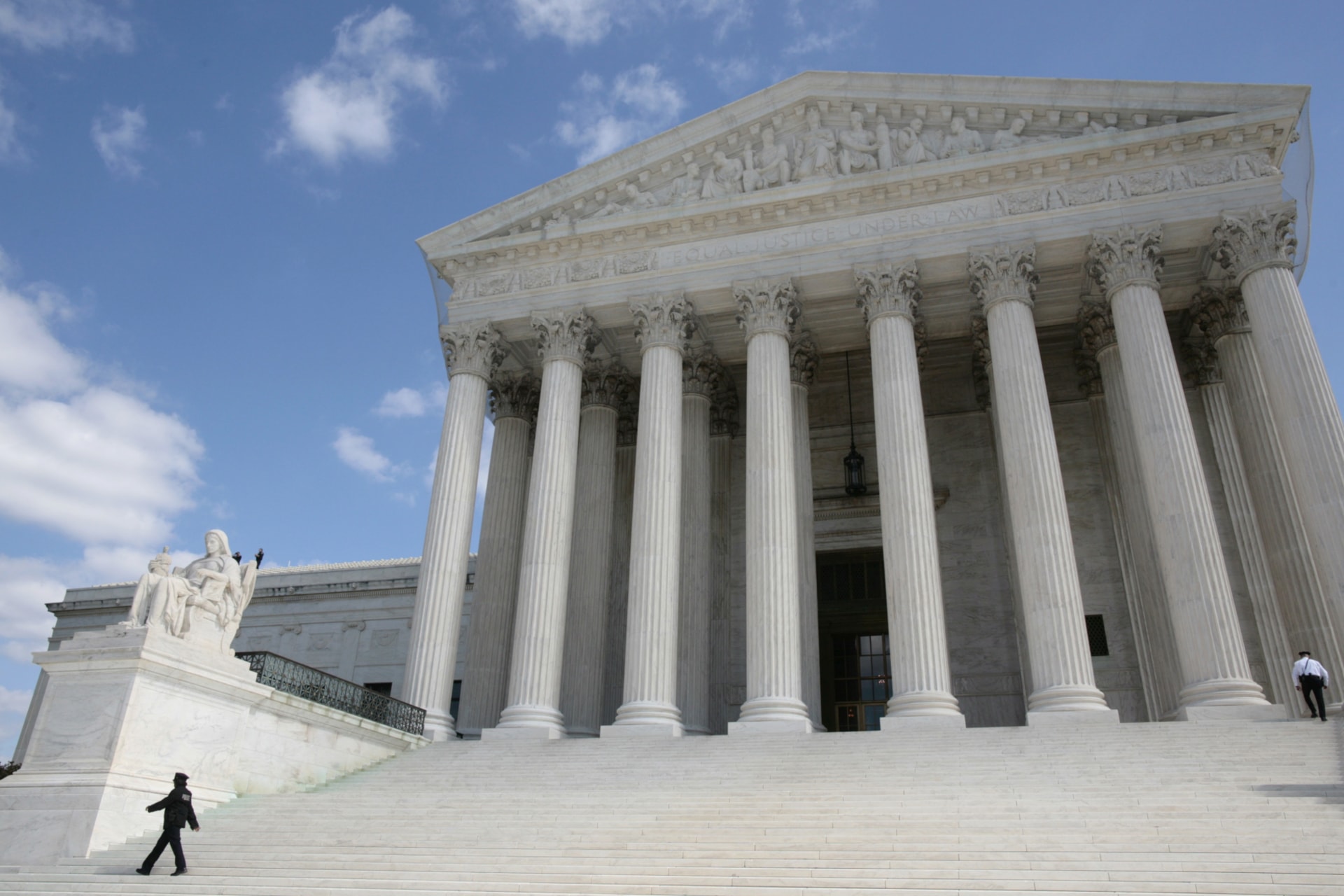Is Operation Odyssey Dawn Constitutional? Part IV

By experts and staff
- Published
Experts
![]() By James M. LindsayMary and David Boies Distinguished Senior Fellow in U.S. Foreign Policy
By James M. LindsayMary and David Boies Distinguished Senior Fellow in U.S. Foreign Policy
In my posts on the constitutionality of Operation Odyssey Dawn I have looked at what the Framers said about the war power, what proponents of an independent presidential war-making authority base their claims on, and what the historical record shows about presidential decisions to use force without congressional authorization. What I haven’t done is address the question of whether the UN Security Council’s decision to pass Resolution 1973 empowered President Obama to attack Libya.
That argument may seem odd. But this past Sunday, Secretary of State Clinton suggested it in an interview on ABC News’ This Week. Host Jake Tapper asked Secretary Clinton how she reconciled her support for Operation Odyssey Dawn with this statement she made in 2007 in response to speculation that President George W. Bush might attack Iran:
If the administration believes that any—any—use of force against Iran is necessary, the president must come to Congress to seek that authority.
I don’t think that this kind of internationally authorized intervention, where we are one of a number of countries participating to enforce a humanitarian mission, is the kind of unilateral action that either I or President Obama was speaking of several years ago.
Now a UN Security Council endorsement certainly gives a military operation international legitimacy. It can also help generate domestic political support, at least with some parts of the American public. What it can’t do is authorize the president to initiate a war.
Here’s why. Article 43 of the UN Charter stipulates that member states
undertake to make available to the Security Council, on its call and in accordance with a special agreement or agreements, armed forces, assistance, and facilities, including rights of passage, necessary for the purpose of maintaining international peace and security
but that these agreements
shall be subject to ratification by the signatory states in accordance with their respective constitutional processes.
U.S. treaties of alliance have the same general language. For instance, Article 11 of the NATO treaty stipulates:
This Treaty shall be ratified and its provisions carried out by the Parties in accordance with their respective constitutional processes.
This is no accident. These provisions were inserted into post-World War II treaties to address one of the major complaints that had helped derail the Treaty of Versailles, namely, that the Covenant of the League of Nations would have overridden Congress’s war powers. Indeed, the second point in Sen. Henry Cabot Lodge’s famed Fourteen Reservations stated:
2. The United States assumes no obligation to preserve the territorial integrity or political independence of any other country or to interfere in controversies between nations -- whether members of the League or not -- under the provisions of Article 10, or to employ the military or naval forces of the United States under any article of the treaty for any purpose, unless in any particular case the Congress, which, under the Constitution, has the sole power to declare war or authorize the employment of the military or naval forces of the United States, shall by act or joint resolution so provide.(italics added)
I italicized the last clause just to underscore the point that even after World War I, the notion of independent presidential war-making authority had not become the dominant view and certainly not among Republicans.
Of course if the president has independent war-making authority, then “constitutional processes” would mean the president gets to decide. But that’s not how any of these treaties were presented to the Senate at the time. Rather, it was up to Congress to decide the term’s meaning. As Lou Fisher has written:
After the Senate approved the UN Charter, Congress had to decide the meaning of “constitutional processes.” What procedure was necessary, under the U.S. Constitution, to bring into effect the special agreements needed to contribute American troops to UN military actions? That issues was decided by the UN Participation Act of 1945, which stated without the slightest ambiguity that the agreements “shall be subject to the approval of the Congress by appropriate Act or joint resolution.” The agreements between the United States and the Security Council would not result from unilateral action, nor would they be brought into force only by the Senate acting through the treaty process. Action by both houses of Congress would be required.
So no, a UN Security Council resolution cannot give the president an authority he doesn’t already possess or that Congress chooses to give him.
Up next: Why don’t the courts tell us which branch holds the war power?
Other posts in this series:
